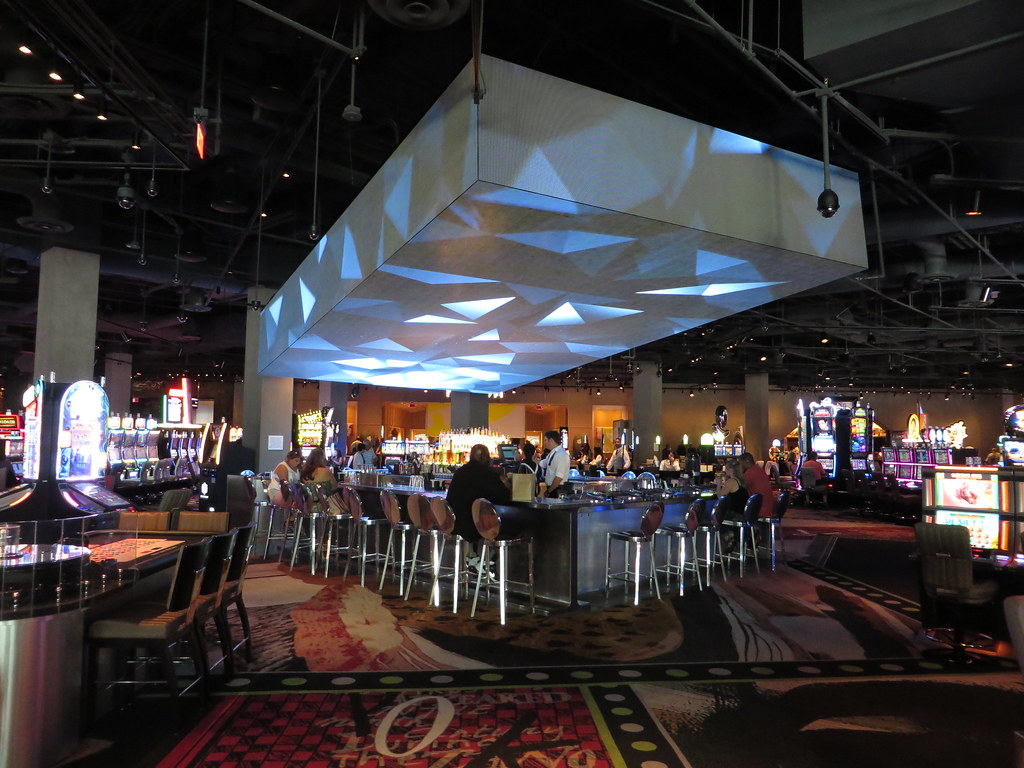Las Vegas, known as the Entertainment Capital of the World, offers a unique fusion of gaming, luxury, and entertainment that defines the modern casino hotel experience. The transformation of Las Vegas casino hotels from simple gambling establishments to complex entertainment hubs encompasses socio-economic, architectural, and cultural dimensions.
Historical Overview
The origin of casino hotels in Las Vegas dates back to the early 20th century when the city was established as a hub for gambling, particularly during the construction of the Hoover Dam. The legalization of gambling in 1931 marked a turning point, spurring the development of the first hotel-casinos. The El Rancho Vegas, opening in 1941, was one of the first to combine a hotel and casino, setting a precedent for future developments.

The 1950s and 60s saw the rise of iconic establishments such as the Flamingo, built by mobster Bugsy Siegel, and the Sands, which featured legendary entertainers like Frank Sinatra. These hotels innovated not just through their design but also through the immersive experiences that blended gambling, dining, and entertainment.
Architectural Innovations
The casino hotels in Las Vegas are renowned for their architectural grandeur and thematic designs. The Strip, a 4.2-mile stretch of Las Vegas Boulevard, is home to some of the most famous resorts that reflect diverse architectural styles. From the Venetian’s replica of Venice’s canals to the Luxor’s striking pyramid-shaped structure, each hotel provides a unique experience grounded in its design philosophy.
Modern casino hotels often incorporate elements of sustainability and technology to enhance guest experiences. For instance, the Wynn and Encore properties have received accolades for their environmental initiatives, employing energy-efficient systems and sustainable practices. Moreover, technology plays a pivotal role in the gaming experience; advancements in online gaming and mobile applications have transformed how guests engage with casino activities, making them more accessible.
Economic Implications
Las Vegas casino hotels play a crucial role in the local and national economy. The gaming industry significantly contributes to Nevada’s economy, accounting for lasvegascasino-hotels.com billions in revenue annually. The casino hotel sector provides thousands of jobs ranging from hospitality to high-stakes gaming roles.
Furthermore, these establishments stimulate tourism, attracting millions of visitors each year. In 2019, prior to the COVID-19 pandemic, Las Vegas welcomed approximately 42 million visitors, illustrating the city’s allure as a premier travel destination. Convention and trade shows hosted at casino hotels also contribute to the local economy, showcasing the importance of integrated event spaces in attracting business travelers.
Cultural Impact
The cultural significance of Las Vegas casino hotels is multifaceted. These mega-resorts are not merely places to gamble; they embody a lifestyle that embraces entertainment, luxury, and escapism. Many casino hotels host unique artistic displays, live performances, and signature dining experiences that reflect both local and international cultures.
The role of entertainment within casino hotels has evolved dramatically. Where once casinos featured only live music and basic shows, today’s venues host elaborate productions resembling Broadway performances, Cirque du Soleil spectacles, and headliner concerts. This transformation has made Las Vegas synonymous with world-class entertainment, drawing talent from around the globe.
The COVID-19 Pandemic and Recovery
The onset of the COVID-19 pandemic in 2020 had a profound impact on the casino hotel industry in Las Vegas. Mandatory closures, restrictions on gatherings, and health concerns led to a significant decline in tourism and revenue. Many hotels temporarily closed, while others adapted by implementing health protocols, such as enhanced sanitation measures, social distancing configurations, and contactless technology.
As restrictions have eased, Las Vegas is experiencing a resurgence. The city has embraced the changing landscape of travel, emphasizing safety while enhancing the guest experience. Innovations in health protocols and a focus on outdoor attractions have revitalized interest in visiting the Strip.
Future Directions
Looking towards the future, Las Vegas casino hotels may further integrate artificial intelligence and smart technologies to create personalized experiences for guests. Internet of Things (IoT) technology could revolutionize the way guests interact with their environments, from room controls to gaming preferences.
Moreover, the shift towards sustainability and eco-friendly initiatives will likely grow, as both consumers and businesses increasingly prioritize environmentally conscious practices. Investments in renewable energy, waste reduction, and water conservation are expected to shape the future of Las Vegas hospitality.
Conclusion
Las Vegas casino hotels are a dynamic intersection of culture, economy, and entertainment, influencing not just the local community but also shaping the broader landscape of the hospitality industry. Their ability to adapt to changing trends, while providing immersive experiences, ensures that Las Vegas will continue to thrive as a premier destination. The evolution of these establishments, marked by historical significance, architectural innovation, and economic viability, will undoubtedly influence future generations as the city embraces new challenges and opportunities.